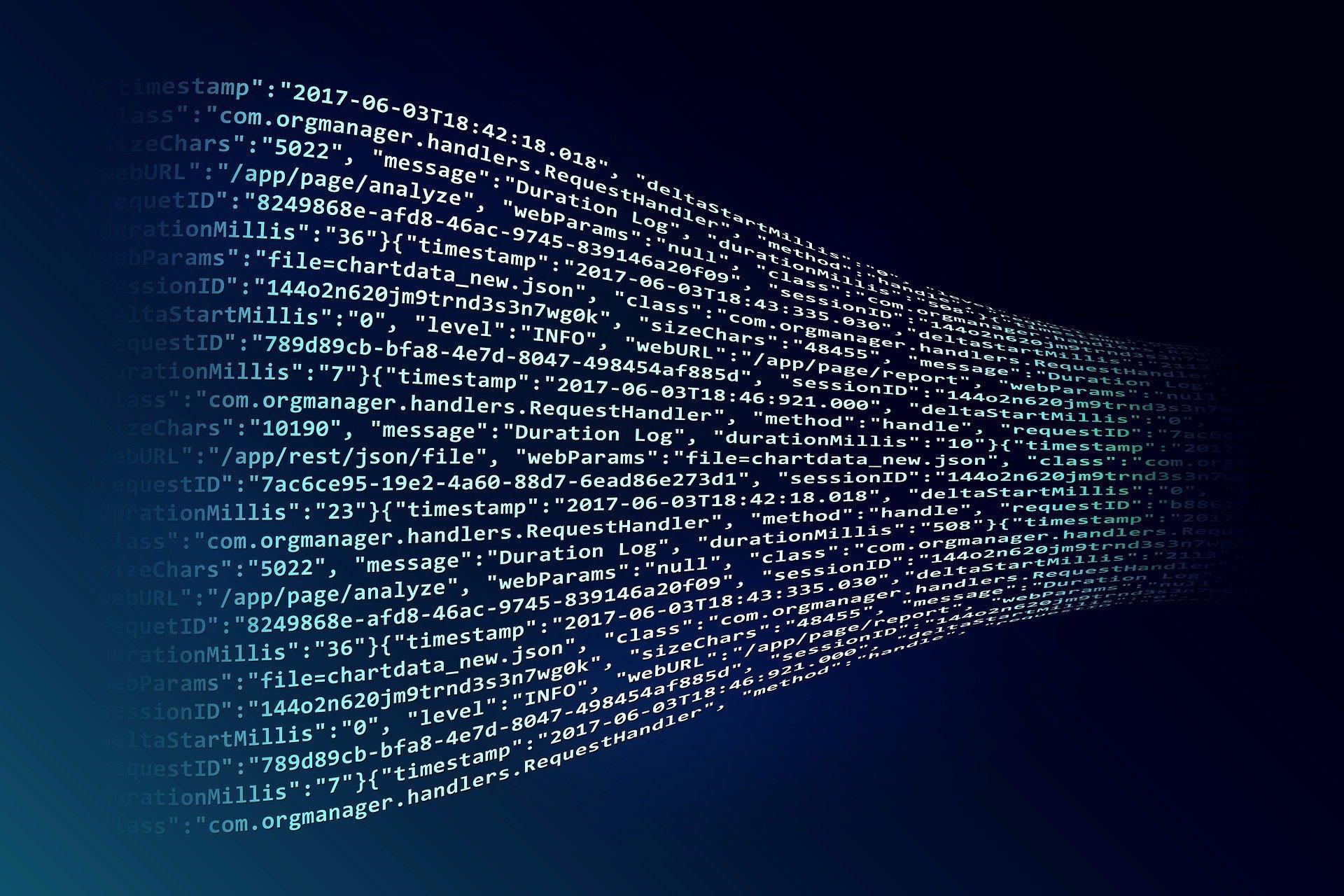The dangers of internet privacy are well known. It’s critical to safeguard your personal information in a world where we are constantly being tracked and viewed. However, there are a lot of things you can take to safeguard your online privacy:
Make Sure Your Operating System, Web Browser And Plugins Are Up To Date.
- Update the programme on your PC. It might be time for an update, for instance, if you’ve had Chrome installed on your computer for a while and want to make sure you’re using the most recent version of Chrome. You can also look at other well-known browsers like Firefox or Safari, vpn for chrome browser, which have recently received updates and now offer better virus defence than earlier iterations of those programmes offered (although this may not always be true).
- When downloading something from the Internet, be sure to check the security settings that have been enabled for each software in Windows because some apps can operate effectively with the basic security settings active while others need more advanced security settings engaged.
Encrypt Your Internet Connection.
Encrypting your internet connection is the first step in privacy protection. This can be accomplished by utilising HTTPS, a VPN (virtual private network), or any other technique that protects your data from snoopers.
- Use a VPN or secure connection. Because a VPN encrypts all of your traffic and data, it is an excellent way to protect your online privacy and prevent hackers from accessing it. Additionally, it stops DNS leaks, which are a way for advertisers and other third parties to obtain your browsing history without actually knowing who you are. Try out Private Internet Access on your iPhone if you have one (PIA). They offer exceptionally excellent customer service and are also more reasonably priced than the majority of other service providers. Other choices are Hotspot Shield and TunnelBear (TunnelBear) (Hotspot Shield).
- Use HTTPS to force the website’s web browser to use encryption technology rather than plaintext, which anybody may view while browsing the internet, if you use Facebook or other social media sites.
- Users can send encrypted email messages using secure email services like ProtonMail even if their email account is not registered in their name. This ensures that no one else could possibly intercept their messages.
Use Strong Passwords And Keep Them Safe.
Utilising strong passwords and storing them safely is the first step in safeguarding your online privacy.
- Use a password manager to simply generate unique passwords for each website, ensuring that the attacker won’t gain access to all of them if one account is hacked.
- Assure that each password contains letters, numbers, and special characters such as: and is at least 8 characters long.
- Never divulge your log-in details to anyone! If someone can figure out what they can infer or tries utilising an automated tool (like one from LinkedIn), that might be sufficient for them to quickly log into all of these accounts.
Don’t Access Personal Information In Public Places Or Over Untrusted Devices.
Don’t share personal information in public places.
Don’t write down your credit card number or any other private information on a bus, train, or cable car when you’re out and about. Leaving your phone unattended while using an ATM is also never a good idea, especially if the person sitting next to you has an iPhone and has access to all of their contacts! Use your own computer whenever possible while accessing sensitive information online.
Avoid accessing private information with unreliable technologies (e..g., public computers).
Be careful not to access private information on an untrusted computer because hackers and other bad guys can do so quite easily and escape detection from international law enforcement! With these steps you can protect your privacy.
Check Your Privacy Settings On Social Networking Sites And Apps.
When using social media, it’s simple to miss many privacy settings, but it’s crucial to verify your settings on these websites and mobile applications. View what information is shared with third parties and whether two-factor authentication (or another type of security) is enabled by looking at the settings page of the website or app.
Log Out When You’re Done Using A Shared Computer Or Device.
It’s easy to safeguard your personal information by simply logging out of a shared computer or device. This is crucial if you’re using a shared computer or tablet because it will stop malware from accessing your personal information.
When you’ve finished using the shared computer or device, log out by selecting “Log Out” after clicking the X in the top right corner of the screen.
Be Careful With Email Attachments And Links In Emails.
- Email links and attachments should be handled with caution. Infecting your computer and other linked devices with viruses or Trojan horses is a common danger of email attachments. It’s recommended to avoid opening any attachments that you are not certain originated from a reliable source, such as a friend or member of your family.
- Additionally, avoid clicking on links in emails from strangers. If they send you an email with multiple links, make sure to always click on each one individually before moving on to the next (for example: click “1st link” then “2nd link” then “3rd link”). No harmful code will be able to simultaneously infect all of your devices this way!
Use A VPN If You Have To Use Public Wi-Fi Often.
It’s crucial to utilise a VPN if you frequently use free public WiFi. All of your internet traffic is encrypted when you use a VPN, making it more difficult for others or hackers to steal your information.
There are several reasons why people need a VPN, including:
- For example, if someone wanted to find out who was searching for “how do I make money online,” they would need access to this person’s computer or phone because there would be no way for them to not have logged into their account while using an unsecured WiFi network (even though many times these days most devices don’t even require passwords). People use VPN Windows apps to access content and keep their browsing history private so that no websites can see what they’ve been looking at online.
- You should also take into account how much control Google has over us as consumers since they own YouTube, which has grown to be one of the most popular places where people watch videos online, whether they be music videos, gaming clips, etc., in order to avoid censorship by governments that might block certain websites or content based on political ideology (China has done this before).
Refrain From Giving Out Too Much Personal Information Online Or Over The Phone.
- Never divulge your credit card information. Use a virtual wallet or gift card to pay for any purchases you must make rather than providing the retailer with your actual credit card information.
Never divulge your Social Security number (SSN) or any other personal data that could be used to steal money from you or commit identity theft. - If someone asks for it, don’t give it to them, even if they seem trustworthy. This goes for roommates, family members, coworkers, and friends who might misuse the information in any way, even if they swear they won’t.
Conclusion
You may take a lot of actions to safeguard your online privacy. When using shared computers or devices, you should always log out and use strong, difficult-to-guess passwords. There are several guides on how to utilise them properly if you need assistance.






